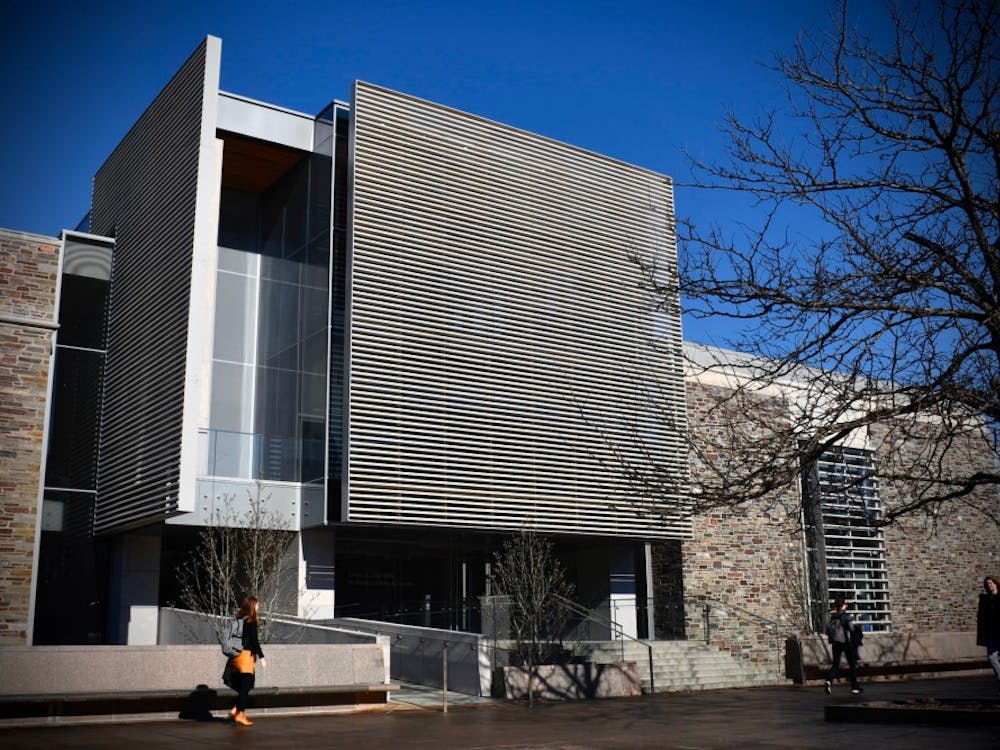Princeton ‘not optimistic’ about international travel this summer
The University is not optimistic about international travel this summer, despite recent vaccination advancements. A final decision on international University-sponsored travel in summer 2021 will be made in May.
The University is not optimistic about international travel this summer, despite recent vaccination advancements. A final decision on international University-sponsored travel in summer 2021 will be made in May.








